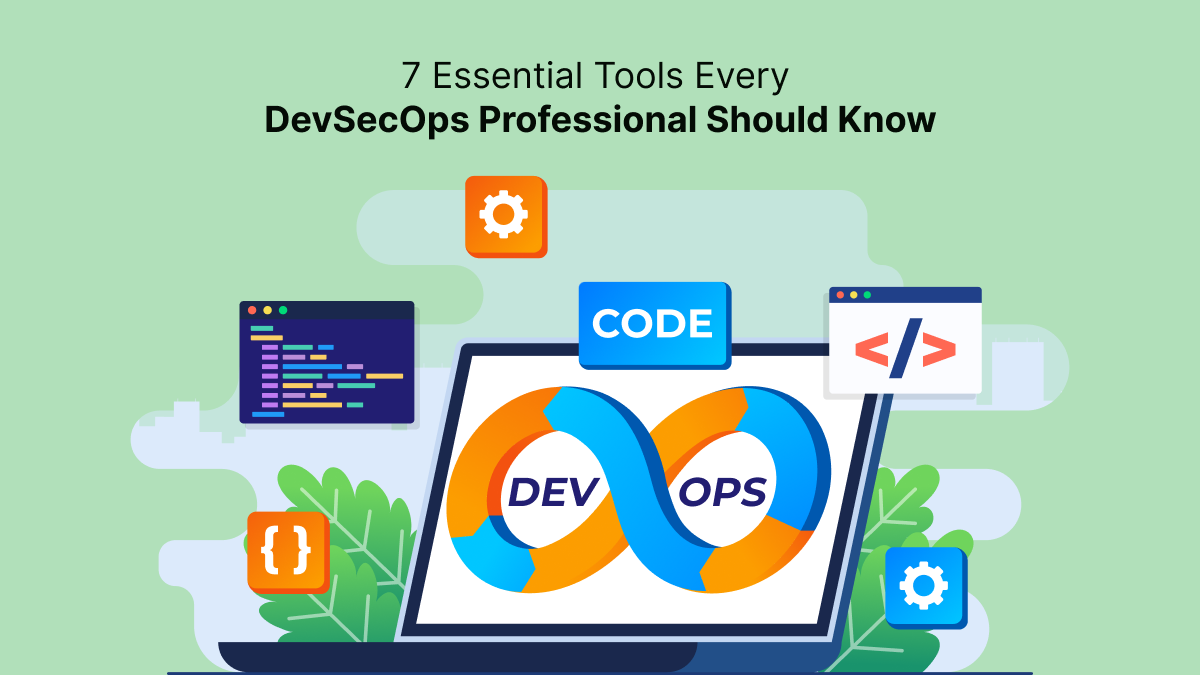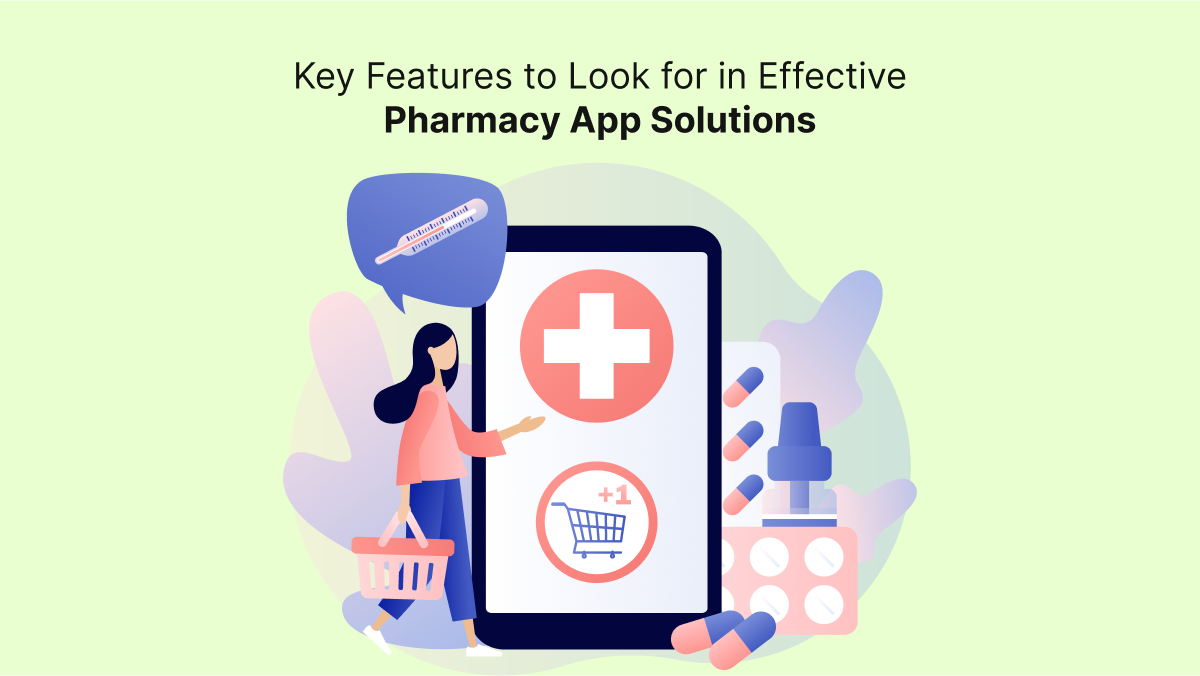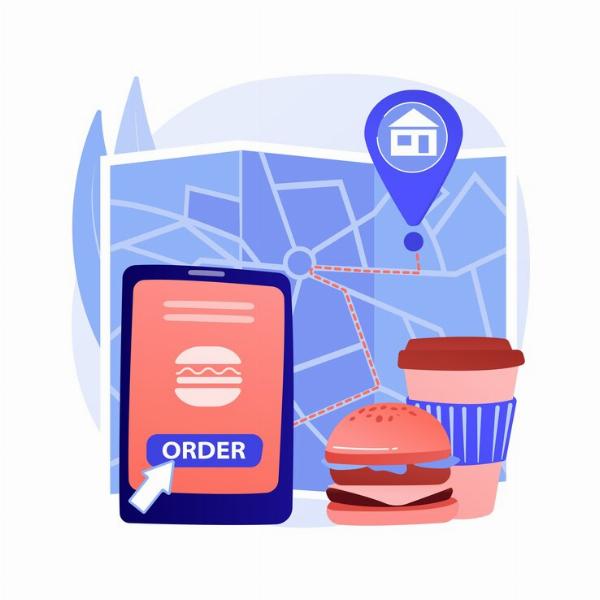7 Essential Tools Every DevSecOps Professional Should Know

In today’s fast-paced world of software development, security needs to keep up with the speed of deployment. This is where DevSecOps comes into play. DevSecOps, which combines Development, Security, and Operations, is all about integrating security into every phase of the software development lifecycle. Instead of treating security as an afterthought, it becomes a continuous, automated, and integral part of the process.
To make this integration possible, professionals rely on a variety of tools that help identify vulnerabilities, automate security testing, and ensure compliance. If you’re involved in DevSecOps or planning to adopt this approach, knowing the right tools can make a significant difference. Let’s explore the seven essential tools every DevSecOps professional should know.
What is DevSecOps?
DevSecOps extends the DevOps philosophy by embedding security directly into the development pipeline. It promotes a culture where security is everyone's responsibility rather than being isolated to a single team. This approach reduces risks, speeds up delivery, and ensures that software products are secure by design.
To implement DevSecOps successfully, using the right set of tools is crucial. These tools help automate security tasks, monitor vulnerabilities, and ensure that security practices are consistent across the development process.
1. GitLab
Why GitLab is Essential
GitLab is more than just a source code repository. It provides an integrated DevOps platform that includes continuous integration (CI), continuous deployment (CD), and security features all in one place. GitLab’s built-in security tools allow teams to perform static and dynamic application security testing automatically during the CI/CD pipeline.
Key Features
- Integrated code scanning for vulnerabilities
- Dependency scanning to identify risks in third-party libraries
- Security dashboards for comprehensive oversight
- Container scanning for security flaws in Docker images
GitLab helps ensure that code is checked for security issues before it even moves to production, streamlining the secure development process.
2. SonarQube
Why SonarQube is Important
SonarQube is widely used for continuous inspection of code quality. It helps developers detect bugs, code smells, and security vulnerabilities. This tool supports multiple programming languages, making it versatile for various development projects.
Key Features
- Static code analysis to identify vulnerabilities
- Supports over 25 programming languages
- Integration with popular CI/CD pipelines
- Quality gates to enforce code standards
By integrating SonarQube into your pipeline, you can maintain code quality while ensuring that security issues are caught early.
3. OWASP ZAP (Zed Attack Proxy)
Why OWASP ZAP Stands Out
OWASP ZAP is a popular open-source tool designed for finding security vulnerabilities in web applications. It is especially useful for dynamic application security testing (DAST) and is known for its user-friendly interface.
Key Features
- Automated scanners to find common vulnerabilities
- Manual testing features for deeper analysis
- Integration with CI/CD pipelines
- Support for scripting and customization
OWASP ZAP is perfect for professionals who want to test their web applications against real-world attack scenarios without heavy investment.
4. Snyk
Why Snyk is a Must-Have
Snyk focuses on finding and fixing vulnerabilities in dependencies, containers, and infrastructure as code (IaC). With the growing use of open-source libraries, tools like Snyk are essential for monitoring third-party components.
Key Features
- Scans for vulnerabilities in dependencies
- Real-time monitoring and alerts
- Integrates with Git repositories and CI/CD workflows
- Suggests direct fixes and updates for issues found
Snyk’s easy integration with existing development workflows makes it a preferred choice for many teams.
5. Aqua Security
Why Choose Aqua Security
Aqua Security specializes in securing cloud-native applications, particularly those that use containers and Kubernetes. As more businesses move to microservices and containerization, securing these environments becomes critical.
Key Features
- Container image scanning for vulnerabilities
- Runtime protection for containers and serverless functions
- Compliance enforcement tools
- Kubernetes security monitoring
Aqua Security helps maintain robust security for modern application architectures, ensuring compliance and reducing risks.
Read More: DevOps Cloud Consulting Services for Scalable IT Setup
6. HashiCorp Vault
The Importance of HashiCorp Vault
Managing secrets like API keys, passwords, and certificates is a significant challenge in DevSecOps. HashiCorp Vault provides a secure way to store, access, and distribute secrets across applications and services.
Key Features
- Secure storage of secrets with encryption
- Dynamic secrets that expire after use
- Access control and auditing features
- Integration with cloud services and automation tools
Using Vault helps eliminate hard-coded secrets in applications, reducing the risk of data breaches.
7. Clair
Why Clair is Useful
Clair is an open-source tool for static analysis of vulnerabilities in application containers, specifically designed for Docker. It scans container images and reports known security issues based on vulnerability databases.
Key Features
- Detailed analysis of container layers
- Regular updates with the latest vulnerability data
- Integration with container registries
- API support for automation
Clair is valuable for teams heavily invested in containerized applications who want to ensure their images are secure before deployment.
Conclusion
DevSecOps is transforming the way organizations think about security in the development process. By embedding security practices into every phase, teams can build more secure applications without sacrificing speed or efficiency. The tools we’ve discussed—GitLab, SonarQube, OWASP ZAP, Snyk, Aqua Security, HashiCorp Vault, and Clair—are essential for any DevSecOps professional looking to enhance their security posture.
Each tool addresses different aspects of security, from code quality and vulnerability scanning to secret management and container security. Using a combination of these tools allows development teams to build a comprehensive and automated security strategy that aligns with modern software development needs.
For businesses aiming to develop secure and scalable applications, partnering with an experienced on-demand app development company can provide the expertise required to implement these tools effectively. With the right tools and strategy, organizations can stay ahead of security threats while maintaining agile development processes.
FAQs
What is DevSecOps?
DevSecOps is an approach that integrates security practices into every stage of the software development lifecycle, making security a shared responsibility across development, operations, and security teams.
Why is DevSecOps important?
DevSecOps ensures that security is not an afterthought but an integral part of the development process. This approach helps identify and fix vulnerabilities early, reducing risks and costs.
Can these tools integrate with existing CI/CD pipelines?
Yes, most DevSecOps tools like GitLab, SonarQube, and Snyk are designed to integrate seamlessly with popular CI/CD pipelines for automated security checks.
Is it necessary to use all these tools together?
While it's not mandatory to use every tool listed, combining several tools can provide comprehensive security coverage. The choice depends on your specific needs and infrastructure.
How can an app development company help with DevSecOps?
An app development company can assist in selecting the right tools, setting up secure development pipelines, and providing expertise in implementing DevSecOps practices tailored to your organization’s requirements.
Note: IndiBlogHub features both user-submitted and editorial content. We do not verify third-party contributions. Read our Disclaimer and Privacy Policyfor details.







